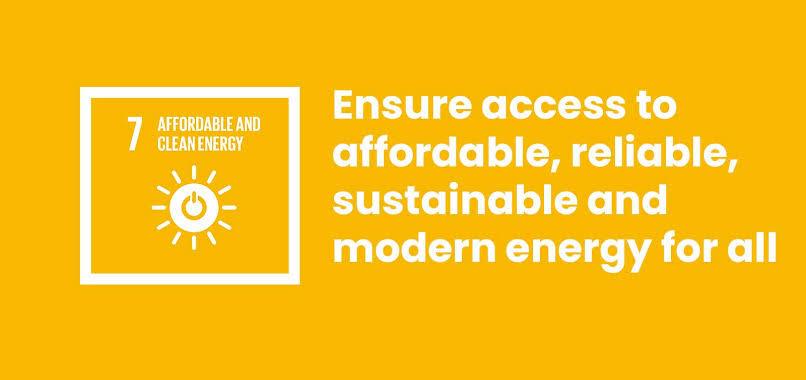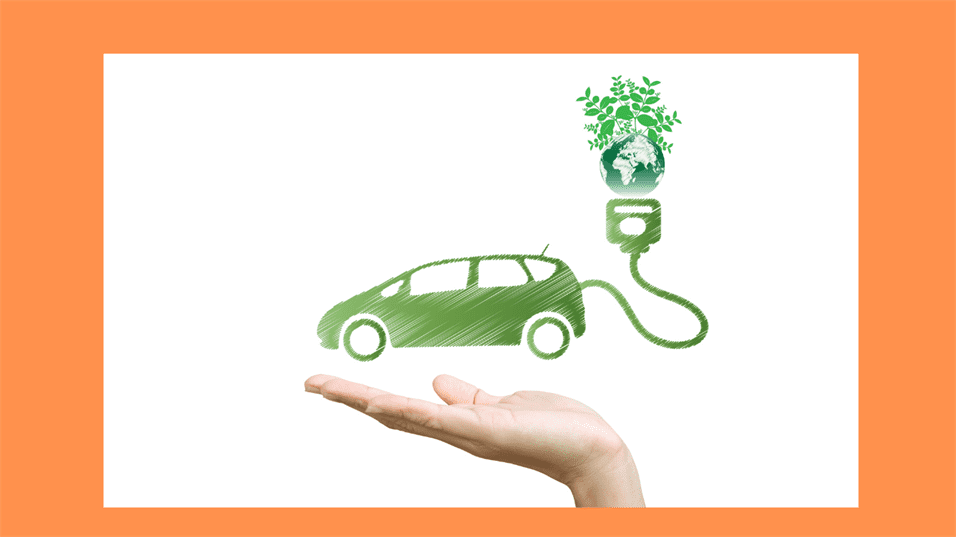The Sustainable Goals address global issues such as poverty, hunger, inequality, climate change, environmental degradation, peace, economic growth, and justice and provide the road map for achieving a better and more peaceful future for all. SDG7 aims to promote Affordable and Clean Energy. It is a key to the development of agriculture, business, communications, education, healthcare, and transportation. The lack of access to energy hinders socioeconomic and human development.
The world is making constant progress towards Goal 7, with encouraging signs that energy is becoming more sustainable and widely available. Globally, the number of people without access to electricity declined from 1.2 billion in 2010 to 733 million in 2020. Recent progress was driven largely by advancements in Southern Asia, South-Eastern Asia, and sub-Saharan Africa. Access to electricity in poorer countries has begun to accelerate, energy efficiency continues to improve. Nevertheless, the current pace of progress is insufficient to achieve Goal 7 by 2030. Huge disparities in access to modern sustainable energy persist. More focused attention is required to improve access to clean and safe cooking fuels and technologies for 3 billion people, to expand the use of renewable energy beyond the electricity sector, and to increase electrification in developing countries.
In addition to increasing access to energy, SDG 7 also aims to increase the use of renewable energy and improve energy efficiency. Renewable energy sources, such as solar and wind power, can help to reduce greenhouse gas emissions, which contribute to climate change. In addition, they can often be installed on a small scale, making them a suitable option for communities that are not connected to the grid. Improving energy efficiency, on the other hand, involves using more efficient appliances and equipment, as well as improving the energy efficiency of buildings. By using energy more efficiently, we can reduce the amount of energy needed to power our homes and businesses, which can help to reduce energy costs and decrease our reliance on fossil fuels.
Achieving SDG 7 will require significant investment in infrastructure, such as power grids and transmission lines, as well as the development and deployment of renewable energy technologies. This can be a challenge, particularly in developing countries where access to finance may be limited. However, the benefits of increased access to energy can be substantial, as it can help to drive economic development and improve people’s quality of life.
There are several organizations and initiatives working to achieve SDG 7 and increase access to energy around the world. For example, the International Renewable Energy Agency (IRENA) is an intergovernmental organization that works to promote the adoption of renewable energy and increase access to energy in developing countries. The Energy for All Partnership is another initiative that aims to increase access to energy through the use of renewable energy technologies and energy efficiency measures.
In addition to these global efforts, many countries are also working to increase access to energy and improve energy efficiency within their own borders. For example, the Indian government has launched the “Power for All” program, which aims to provide electricity to all households in the country by 2019. Similarly, the African Development Bank has launched the “New Deal on Energy for Africa,” which aims to increase access to energy in Africa and promote the use of renewable energy.
There are also many private sector companies and organizations working to increase access to energy in developing countries. For example, the Energy Access Initiative is a global partnership that works to accelerate the deployment of clean energy solutions in developing countries. The initiative brings together governments, private sector companies, and civil society organizations to identify and address the barriers to energy access and develop innovative solutions to increase access to energy.
What Can I do to Achieve the Goal:
There are many ways in which individuals can contribute to the United Nations Sustainable Development Goal 7, which aims to ensure access to affordable, reliable, sustainable, and modern energy for all. Here are a few ideas:
- Reduce your own energy consumption by using energy-efficient appliances, turning off lights and electronics when not in use, and using public transportation or carpooling.
- Support clean energy initiatives, such as solar or wind power, by investing in renewable energy or supporting politicians who prioritize these issues.
- Educate yourself and others about the importance of sustainable energy and how it can help combat climate change and improve quality of life.
- Support organizations and charities that work to increase access to energy in developing countries.
- Advocate for policies that promote sustainable energy at the local, national, and global levels.
In conclusion, SDG 7 is a critical goal for achieving a sustainable and equitable future. Ensuring access to affordable, reliable, and modern energy is essential for improving people’s quality of life and driving economic development. By increasing the use of renewable energy, improving energy efficiency, and investing in infrastructure, we can work towards achieving SDG 7 and building a more sustainable and equitable world for all.




 Each title in our collection is more than just a book - it’s a ‘green gift’, promoting mindful reading, sustainable values, and a culture of eco-conscious living. By gifting books, you open doors to new ideas, support lifelong learning, and nurture a more informed, compassionate, and environmentally aware individual.
Each title in our collection is more than just a book - it’s a ‘green gift’, promoting mindful reading, sustainable values, and a culture of eco-conscious living. By gifting books, you open doors to new ideas, support lifelong learning, and nurture a more informed, compassionate, and environmentally aware individual.